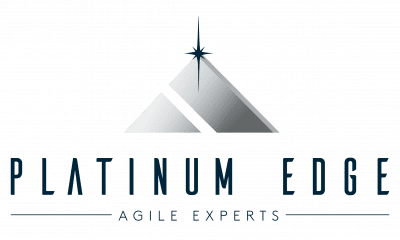Interviewer:
What is the career path for the scrum master?
Mr. Agile®:
The career path of the scrum master isn’t necessarily that different than a career path from a traditional project manager. You’ll start off with a team focus, you’ll prove your ability to increase the performance of that specific team, and as you do so the clout that you have in the organization is going to grow. You get associated with being somebody who is able to help a team be successful.
From that, once you’ve proven yourself and your clout has grown, you’ll probably move to higher and more complex projects that people will entrust you to try to improve. Then from that, you’ll make a transition – many times going from being a single-team focus to multiple teams, and moving more into an agile coach role. So rather than playing the scrum master role yourself, you mentor other people how to be successful in that scrum master role. Eventually you’ll probably transition from having specific team focus to more of an organizational focus.
When you’re making this pivot from a team focus to an enterprise type of a focus, you’re going to want to have some credentials behind you. For us at Platinum Edge, we normally require that our coaches are at least at the CSP (Certified Scrum Professional) level. At CSP level, you’ve got at least three years of experience, you’ve sort of proven yourself, and now you’ve got the organizational clout to be able to have some of the tougher conversations about how we change the status quo. This is what we’re normally seeing with the scrum masters we’re actively working with.

